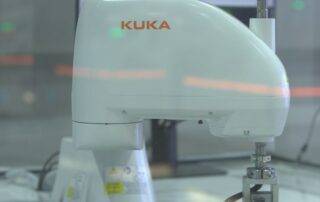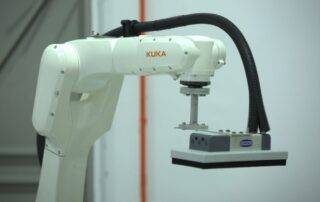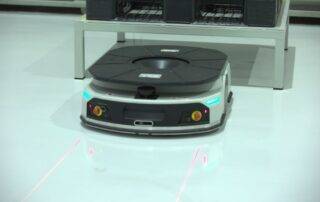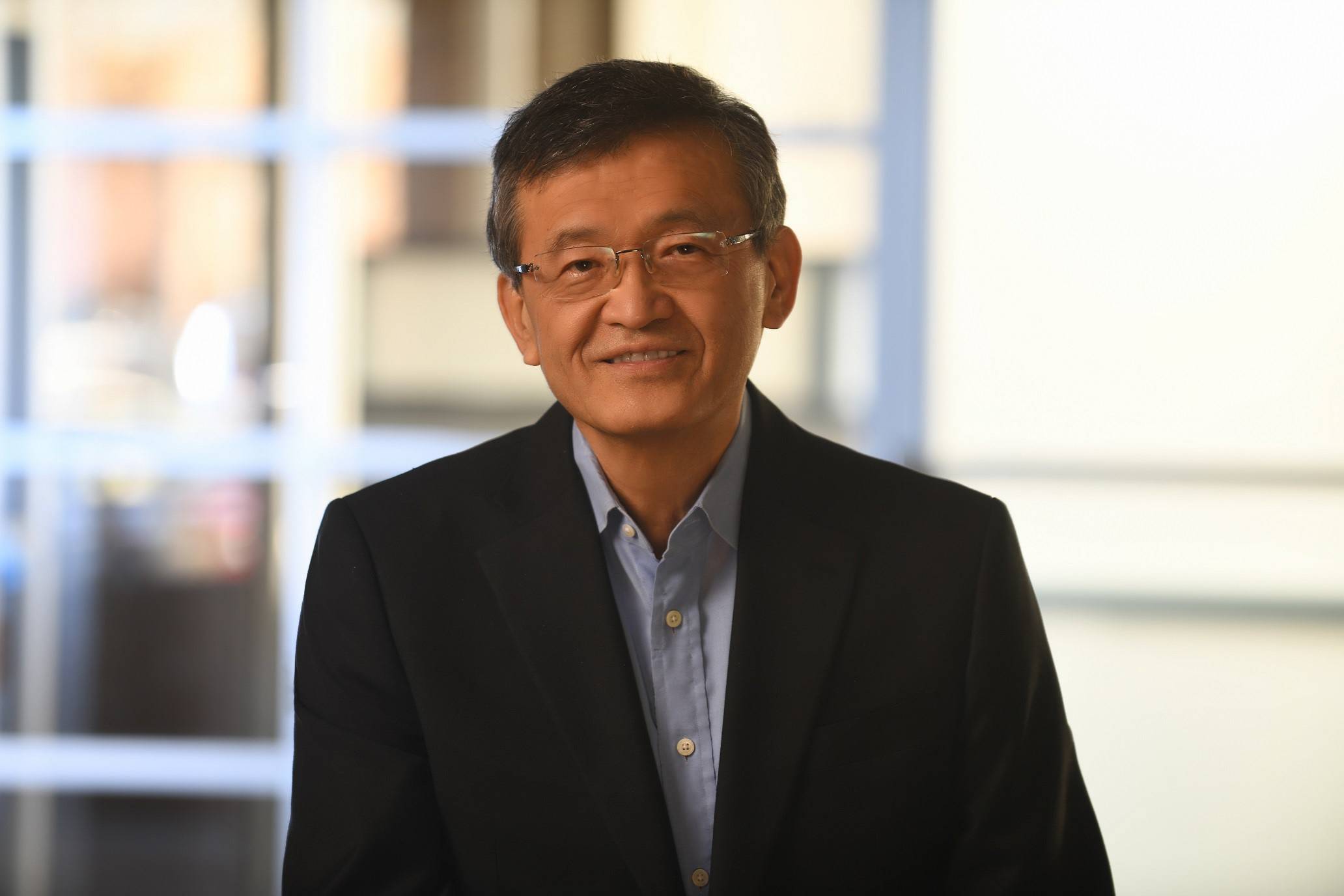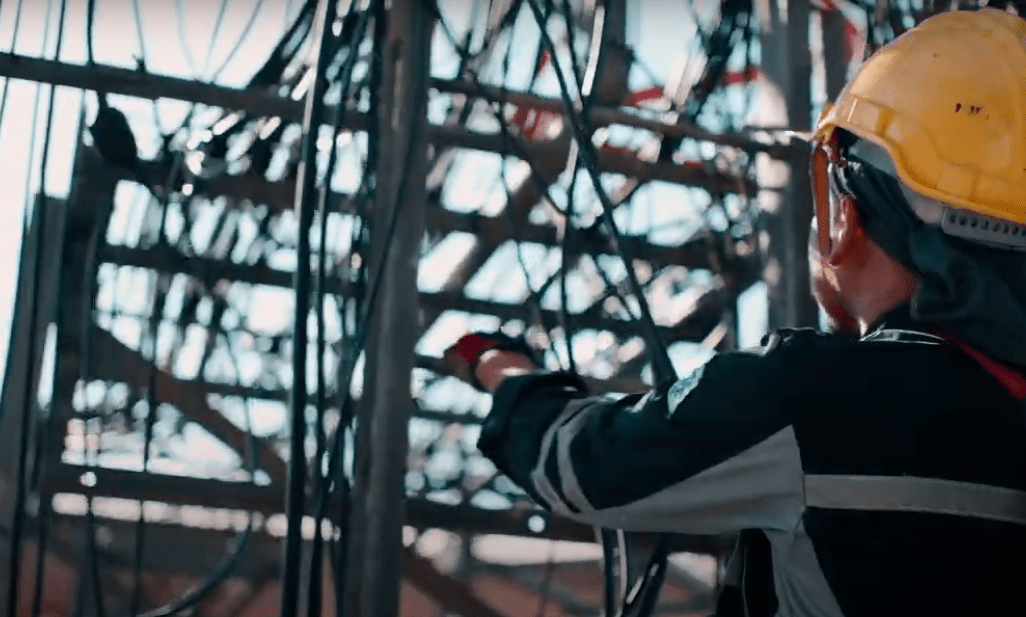Intelligent automation player, KUKA, officially launched their new regional head office in Puchong, Malaysia in early April. The regional leadership team from countries like Japan, India, Thailand, Vietnam, Korea, and more attended this joyous occasion, which also marked KUKA’s 25th anniversary in the country.
The launch of a new office and the Technical Qualification (TQ) centre of one of the largest worldwide suppliers of intelligent automation solutions, KUKA, was graced by the presence of Puchong Member of Parliament, Yeo Bee Yin, who officiated the event. Also in attendance were Andy Gu, Vice President of MIDEA Group, Alan Fam, Chief Regional Officer (CRO) of KUKA APAC, and Erich Schober, Chief Sales Officer (CSO) of KUKA Robotics who came all the way from Germany.
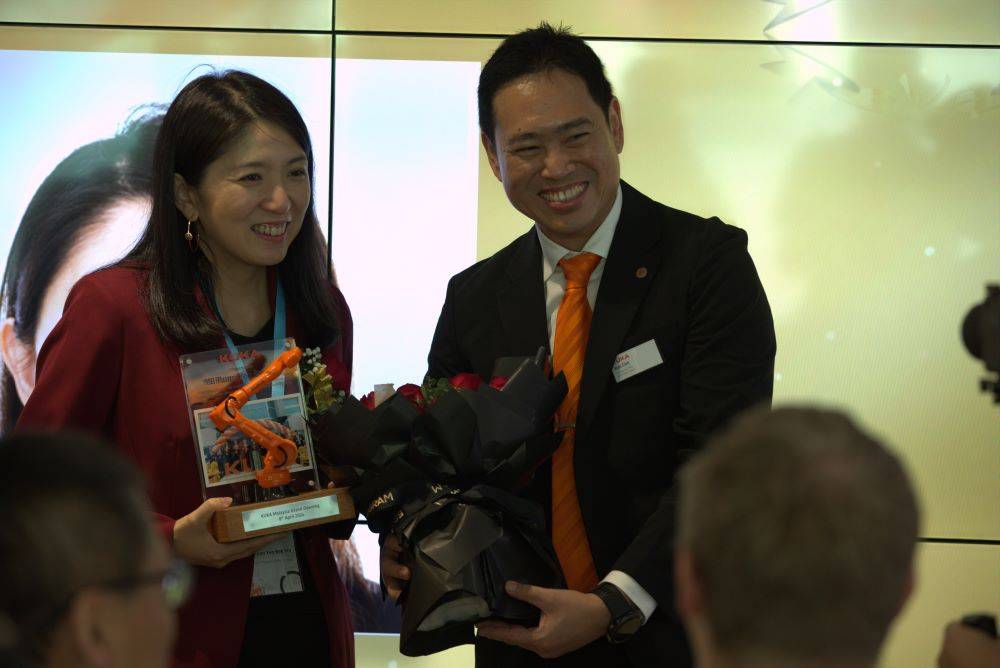
(L-R): Yeo Bee Yin and Alan Fam
KUKA’s 25 years in Malaysia
Established in 1999, KUKA’s business operations in Malaysia included serving as the Group’s regional office for APeC (Asia Pacific excluding China), as well as South East Asia (SEA). Its established APAC presence today belies its humble beginnings 25 years ago as a small warehouse workshop with less than five people.
Alan Fam shared, “KUKA in Thailand, Singapore, and Vietnam for example, was set up by the KUKA Malaysia team. Here we are right now, and since 2019 we have continued to grow the business.
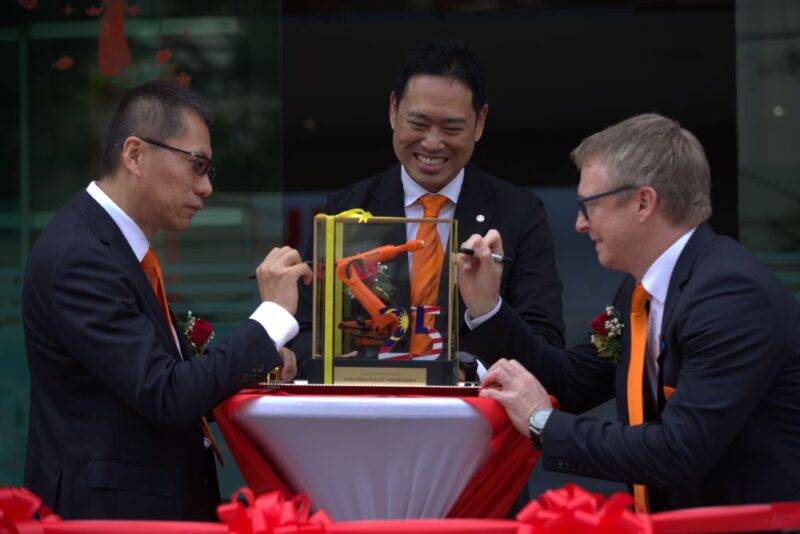
(L-R): Andy Gu, Alan Fam, and Eric Schober
“But, we have grown in such a way that it’s not only the Malaysia team but our region that has grown as well,” Alan pointed out, adding that since 2019 the region’s business has actually doubled to almost RM400 million.
Mission to make a difference in the automation industry
There have been many factors for KUKA’s growth, not least of which is the growing need for automation and robotic technologies. Alan called out internal factor as well, which to this day continues to be a key driving force.
KUKA’s headquarter’s investment in the new office and Technical Qualification (TQ) centre is clear testament of Malaysia’s significance.
“It all boils down to our global vision, which is to be the clear choice for smart automation. In order to achieve that, KUKA cannot be a niche player.
“That means that in order to affect the daily lives of our customers, we need to be the obvious player, which ultimately translates to our strategic northstar to be a volume player.”
This has necessitated the need for KUKA to expand its presence in the region with boots on the ground. “We need to be in front of the customers to support them locally,” said Alan.
And this is timely, as there is a growing need for automation, propelled by social distancing measures from a few years ago, a current labour crunch, as well as cognizance of the need to move up the value chain, which have resulted in factories using more automation tech.
Alan had also observed that manufacturing-intensive brands like Apple and Tesla are placing importance on regionalizing their production facilities due to an ongoing supply chain crisis. He quipped, “So, as all these external factors emerge, there is a need for automation and KUKA wants to make sure that we are able to support the growth.”
KUKA is active in Malaysia’s semiconductor industry and he noted that engineers are beginning to perform more complex tasks like higher-level research and development, and integrated circuit, or IC chip, design. “We also need to do more complex semiconductor-related manufacturing or fabrication processes. This is good for Malaysia.”
(Caption for below image: Just three in a lineup of automated and robotic solutions that were showcased at KUKA’s new TQ center in Puchong)
Investment in education
According to Alan, Malaysia is one of the top semiconductor exporters in the world, and he recognized the need the industry would have for automating certain processes, which KUKA has solutions for.
Beyond clear and present opportunities like these, robotics can play a larger role in other industries, and even in consumers’ daily lives.
But, what is the role that KUKA Malaysia has in realizing KUKA’s global vision of making the technology more accessible to everyone?
Alan had opined that KUKA’s headquarter’s investment in the new office and Technical Qualification (TQ) centre is clear testament of Malaysia’s significance. “The way we invest in this regional head office and the TQ centre is not only to have tables and chairs for our sales people. It is also to have a college which focuses on educating our customers and internal workforce.”
Basically, engineers from around the region would have to train and receive KUKA-accredited certification at the TQ centre so as to be able to service KUKA equipment and robotics technologies, both within and outside Malaysia.
Goal to expand benefits of automation
Besides collaboration with the government, a holistic approach that involves the education sector, and robotics-related bodies like the Malaysia Robotics and Automation Society, has to be considered.

“There’s only so much industry players like us can do,” Alan said, adding that all players involved need to work hand-in-hand to grow robotics, automation and artificial intelligence technologies in the country.
Alan also emphasized the need for automation to help factory operators work in safer environments. By using robots for tasks like welding or lifting heavy boxes, it prevents operators from getting injured from sparks or straining themselves. Automation can also reduce eye strain and fatigue from performing repetitive tasks all day.
There is very real potential in helping customers and improving quality of output through automation and robotics technologies.

